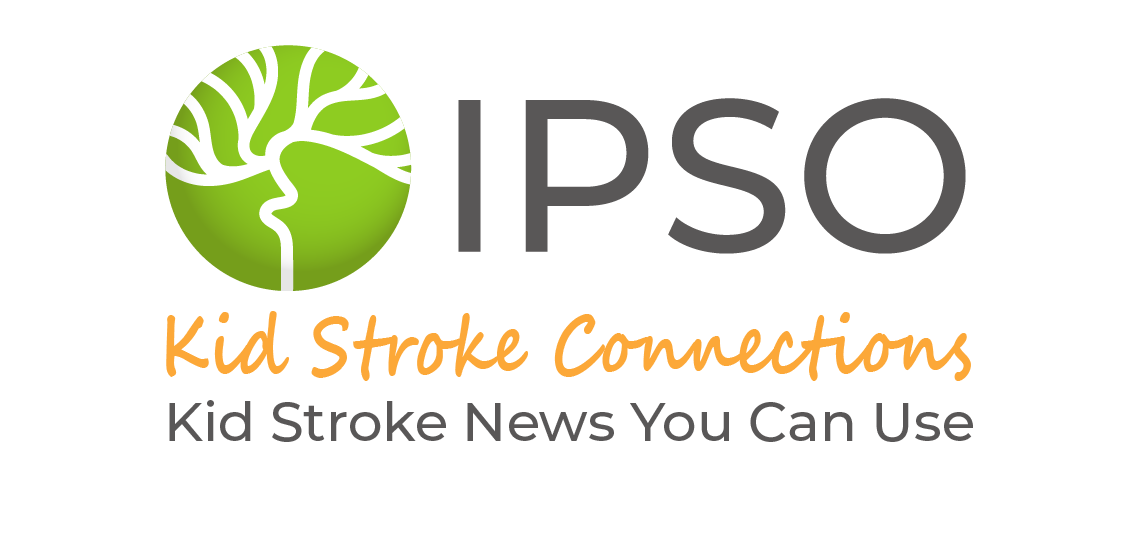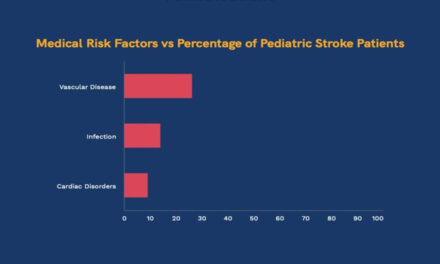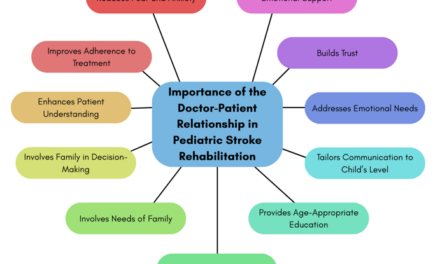Objective: The study wanted to understand how moms and dads feel and what they go through when their baby has something called perinatal stroke. The researchers also wanted to learn how this affects the family and figure out ways doctors and nurses can help them better.
Methods: Researchers conducted interviews with sixteen parents of eleven babies diagnosed with perinatal stroke. The interviews took place when the infants were 5 to 6 months old. Parents were asked about their experiences, including their initial reactions, fears, how they managed to cope, and challenges following the diagnosis. The data from these interviews were analyzed to identify recurring themes and strategies families used to seek support.

Results: Many parents initially felt confused and frightened when they first learned their baby had a perinatal stroke, as they were unaware that strokes could occur in infants. Doctors often use big medical words, which makes things harder to understand and adds to their worry.
Parents said that early diagnosis is very important, which clarifies their child’s condition and allows fast initiation of the proper treatment. This gave them hope and a more straightforward path forward.
Despite the early diagnoses, parents commonly reported feeling guilty, wondering if they did something wrong, and stressed as they watched their baby closely for any signs of problems. While some parents found empowerment in learning more about the condition, others felt overwhelmed by the volume of information. Talking to other families who had been through the same thing helped parents feel less alone and more supported.
Conclusion: Perinatal stroke can be challenging for families. However, finding out early and starting treatment quickly can make a big difference for the baby and help parents feel less worried. Simplifying medical explanations and providing timely, practical guidance from healthcare providers can lower confusion and build a better understanding of the condition.
Offering emotional support and connecting families to resources, such as support groups and therapeutic services, can make parents feel less alone and more confident in caring for their baby.
Reference:
Khan, U., Watson, R., Pearse, J. E., Irwin, L., Rapley, T., & Basu, A. P. (2022). Grappling with uncertainty – Experiences of parents of infants following perinatal stroke. Research in Developmental Disabilities, 124, 104201. https://doi.org/10.1016/j.ridd.2022.104201
Abstract Translation: Jalal Sadek
Graphics: Jalal Sadek
Medical Editor: Shelley Dean, OTD, OTR/L
Junior Editor: Adam Tfayli





